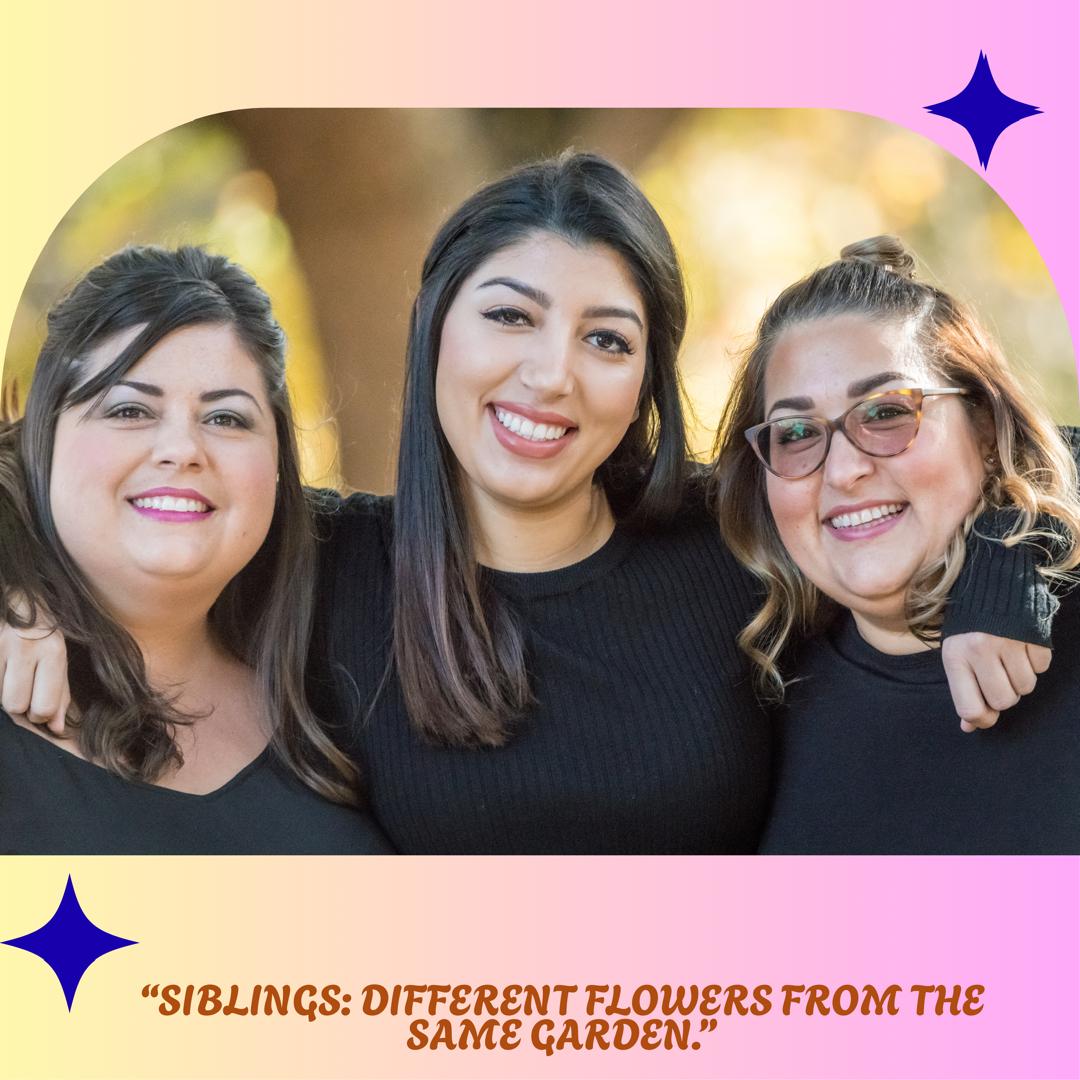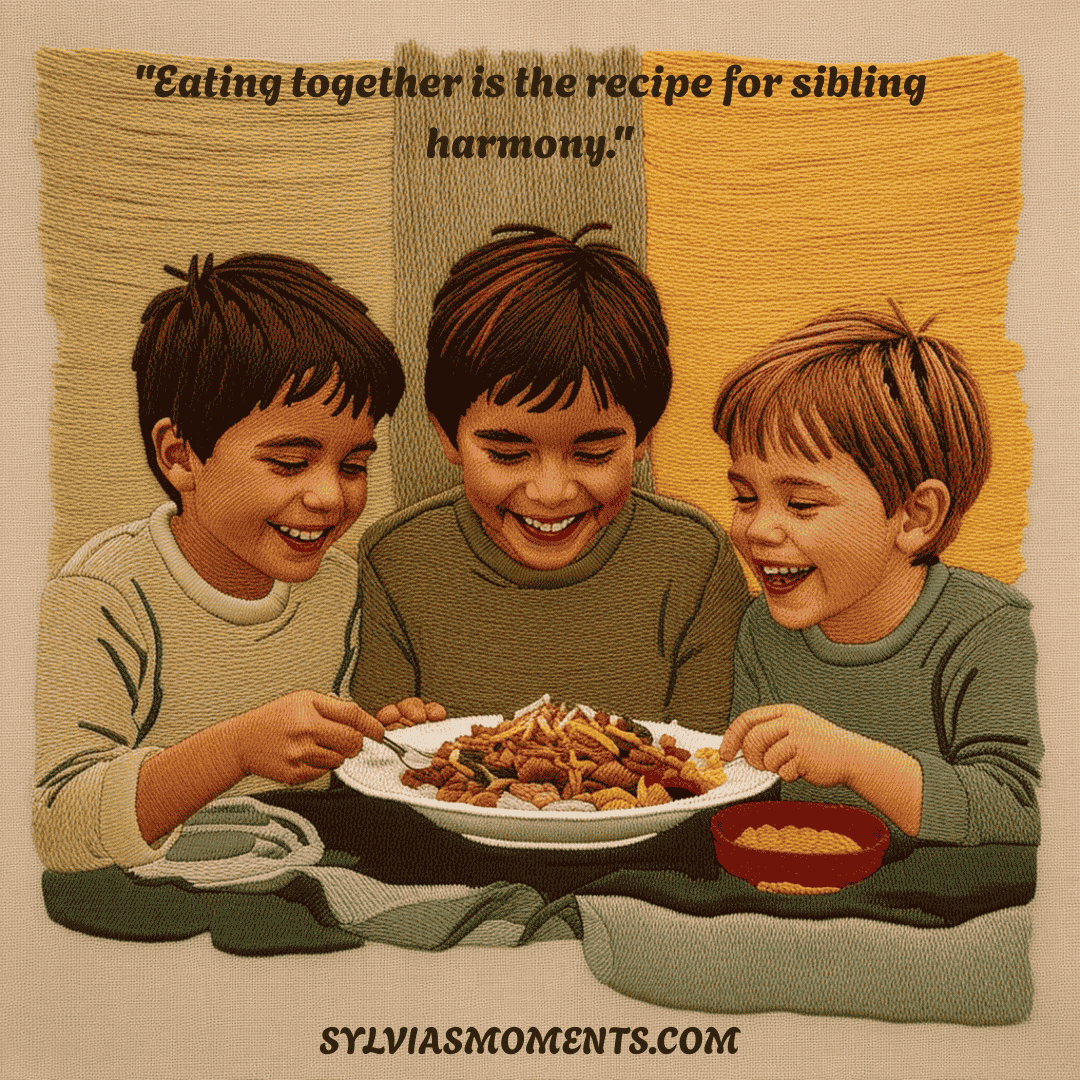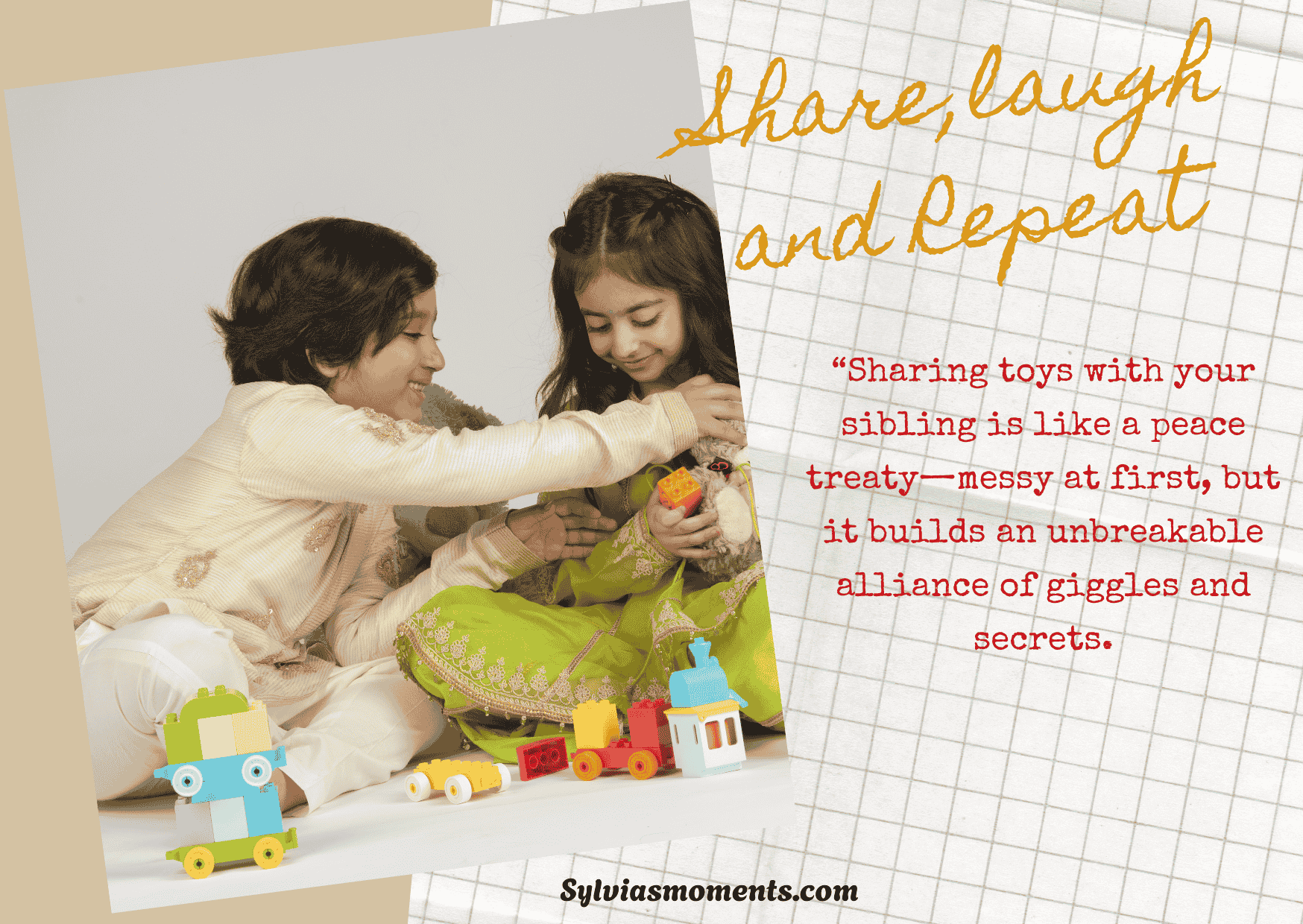
In this post, I will teach you proven tips to strengthen sibling bonds and create lifelong connections in your family. Growing up in a big family feels like living in a world of endless laughter, arguments, secrets, and love all rolled into one. For me, having six siblings wasn’t just about sharing the same roof, it was about having a built-in team that always had my back.
We didn’t just grow up together; we stuck together through life’s toughest storms.
Life tested us early. We lost our parents during our teenage years, and everything changed overnight. Suddenly, we had no safety net; just each other. But instead of falling apart, we drew closer.
We stood for one another. We faced challenges like family responsibilities, career struggles, and financial hardships together. Even now, when distance separates us across different states and continents, we never let it weaken our bond.
We schedule video calls, laugh about old times, share our wins, cry over losses, and remind each other that family always comes first.
That bond didn’t happen by chance. Our parents built it, little by little, through the choices they made when we were young.
Few Childhood Memories; The Siblings Bond: How to help make it stick
I still remember how my mom served all five of us from one big plate. Before we touched the food, she would say, “Make sure your younger ones get enough.” Those simple words shaped us.
They taught us to care, to share, and to protect each other. When you eat from the same plate, you notice who’s left out, and you make sure they’re included. That habit trained us to look out for each other in everything; not just at the dining table.
Our parents also filled our home with toys we could share, not fight over. They made playtime a team effort, and we loved it. They never compared us. Not once did I hear, “Why can’t you be like your brother?” Instead, they celebrated our differences and reminded us that our talents could help each other.
When I struggled so much with mathematics, my brother was there to hold my hands. My sister loved to paint and we all admired it. That respect for individuality killed jealousy and built collaboration.
Those moments didn’t just create childhood memories. They built a foundation strong enough to hold us through adulthood. Today, our bond feels unbreakable, and I believe every parent can create the same magic for their kids.
The Importance Of Solidifying Siblings Bond
Sibling relationships shape a child’s emotional world in profound ways. Beyond companionship, these bonds build essential life skills that influence how individuals connect, communicate, and thrive as adults. Here are five powerful emotional benefits of strong sibling bonds:
1. Empathy Development
Strong sibling bonds nurture empathy from an early age. When siblings spend time together, they experience each other’s joys, frustrations, and struggles firsthand.
They learn to recognize emotions and respond with care. For example, My parents never let us act selfishly. They reminded us daily to check on our younger siblings, to share what we had, and to make sure no one felt left out.

Over time, we didn’t just follow instructions; we learned how to feel what the other person felt.
If one of us cried, the rest of us felt it. This repeated exposure to emotional situations sharpened our ability to understand each other’s feeling, which later translated into healthier relationship currently as adults.
2. Conflict Resolution Skills
Conflicts is inevitable in a house full of kids. Siblings fight for even the most mundane things starting from toys, chores, personal belongings or attention.
These conflicts create opportunities for them to develop essential conflict resolution skills. Siblings don’t shut each other out. They talk, listen, and find common ground because they value the relationship more than winning an argument.
Instead of holding grudges, they figure out ways to restore harmony because they value the relationship. These early lessons become the foundation for resolving conflicts respectfully in friendships, workplaces, and marriages later in life.
3. Teamwork and Cooperation
Siblings naturally learn to work as a team. From completing household chores together to planning family activities, they practice collaboration regularly.
This collaborations are seen when tasks and responsibilities are delegated to each other according to their strengths so as to achieve a common goal. They share responsibilities, delegate tasks, and celebrate achievements as a unit.
This teamwork mindset helps them appreciate the strengths of others and contribute effectively in group settings. As adults, those skills make them valuable in professional environments where cooperation matters.
4. Effective Communication
Having a sibling shape the way we talk, listen, and connect. From the very first “That’s mine!” argument to long conversations about school or dreams, siblings practice communication every single day. They don’t just speak; they learn to listen, respond, and adjust their tone based on the situation.
When siblings share stories, plan games, or even disagree over who gets the bigger slice of cake, they develop a habit of expressing their thoughts clearly. They also figure out how to manage their emotions so the conversation doesn’t turn into a shouting match. These small, daily interactions train them to respect different opinions and explain their own feelings in a way others understand.
Good communication between siblings also teaches honesty and trust. When one feels upset or left out, the ability to talk openly strengthens the relationship instead of creating distance. Over time, these skills spill over into friendships, workplaces, and future relationships.
People who grow up with strong sibling bonds often find it easier to handle group discussions, negotiate fairly, and connect with others on a deeper level.
Simply put, siblings don’t just talk; they build the foundation for lifelong communication skills that help in every aspect of life.
5. Emotional Support improving Mental Health
Siblings are the most dependable support system we carry through life. There voices echoes the loudest when we win and soothes best during challenges. My siblings are my safe space when life gets tough.
Growing up together created a bond where words aren’t always necessary. Sometimes, just sitting together or sharing a laugh after a long day says it all. This comfort builds emotional security, which helps us face challenges with confidence.
Whether it’s sharing secrets as kids or venting about a stressful day as adults, siblings provide a level of trust and understanding that is hard to find elsewhere.
This constant support also reduces stress and makes us feel less alone. Knowing someone truly understands our background and experiences creates a deep sense of belonging. Over time, this emotional safety net strengthens mental well-being and resilience, making it easier to cope with life’s ups and downs.
In short, siblings don’t just grow up in the same house—they grow into our lifelong allies, giving us the strength to keep moving forward no matter what comes our way.
Factors That Influence Sibling Relationships
Sibling bonds don’t just happen; they grow from different experiences and environments. Several factors affect making the Siblings Bond Stick which actively shape how siblings connect, communicate, and support each other:
1. Birth Order
The position of a child i n the family could have an effect on siblings relationship. For instance, first born often take leadership roles and are always put in charge of their younger ones. The youngest usually brings energy and humor, while middle children often learn negotiation and peacemaking early.
These roles shape how siblings interact daily.
2. Age Gap
The number of years between subsequent siblings plays a big role in the way they bond. When the age gap is small, siblings often share interests, friends, and even secrets.
They do homework together, have friends of similar interests, play the same games, and relate to each other’s struggles. A wider gap can create differences in maturity and interests, but it also allows older siblings to guide and mentor the younger ones.
3. Shared Experiences
This is one of the most interesting part of having a sibling. Earlier, I shared memories I had of us eating together, sharing toys, and surviving through tough times especially when we lost our parents.
These experiences fostered friendship and build trust amongst us, even when life takes everyone in different directions. When these experiences are not shared, making sibling bonding stick becomes a herculean task.
4. Parenting Style
How parents handle discipline, attention, and fairness greatly impacts sibling relationships. Parents who encourage teamwork, avoid comparisons, and promote sharing often raise siblings who respect and support one another. On the other hand, favoritism or constant comparison can create tension and rivalry.
5. Family Values and Culture
The values taught at home—like respect, empathy, and unity—shape how siblings treat each other. When parents emphasize looking out for one another, siblings grow with a mindset of care and loyalty.
Practical Ways to Make the Sibling Bond Stick
Strong Sibling Bond: The Long Term Pay Off

 Growing up, sharing food with my siblings always felt special.
Growing up, sharing food with my siblings always felt special.







Very good one and quite interesting.
This is very inspiring and insightful 👏